Physics
-
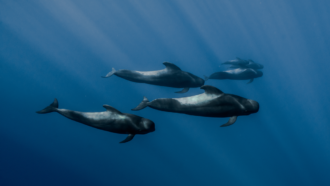 Animals
AnimalsWhales echolocate with big clicks and tiny amounts of air
Toothed whales may echolocate using bits of air that they recycle inside their heads to conserve both air and energy.
-
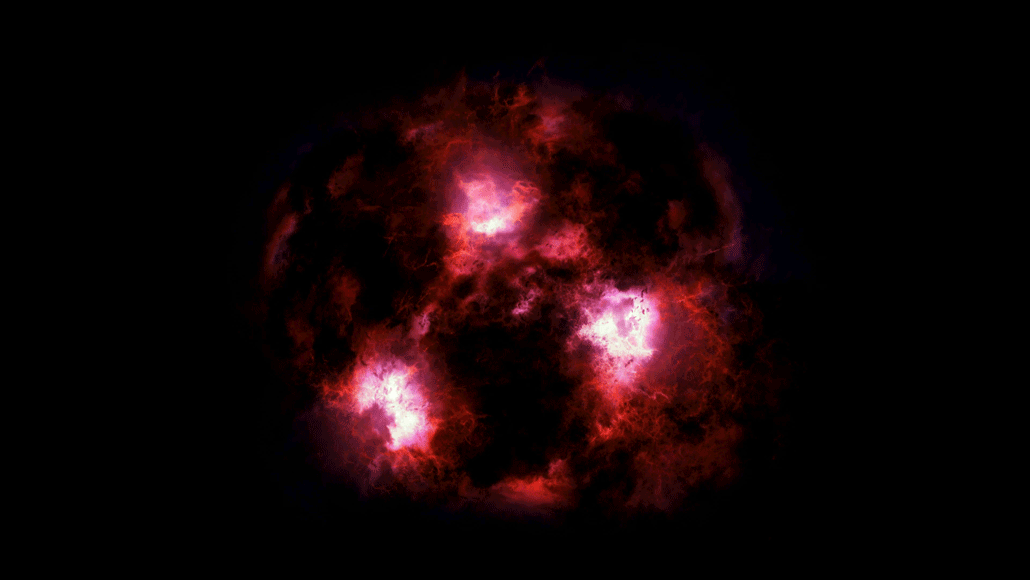 Space
SpaceDust-shrouded monster is a snapshot from the early universe
Scientists have spotted a massive galaxy from the early universe shrouded in dust. It turned up in a small survey by the ALMA radio telescopes in Chile.
-
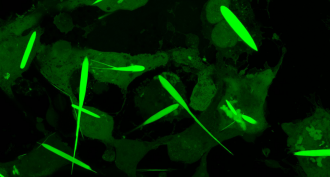 Physics
PhysicsLike Magneto? Microcrystals give magnets superpower over living cells
New iron-rich protein crystals could help researchers better understand the nerve cells that control movement and sensation. All they need are magnets.
By Jeremy Rehm -
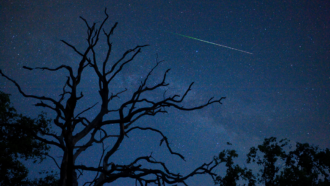 Space
SpaceExplainer: Understanding meteors and meteor showers
Meteors regularly enter Earth’s atmosphere. Most ‘shooting stars’ pose few risks to life on the ground, but the rare big ones can be lethal.
-
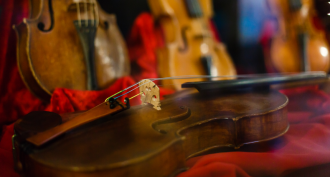 Physics
PhysicsTests challenge whether centuries-old violins really are the best ever
Some centuries-old Italian violins are reputed to be the best ever made. Scientists tested that. Their data now show new instruments can sound at least as good — and sometimes better.
By Sid Perkins -
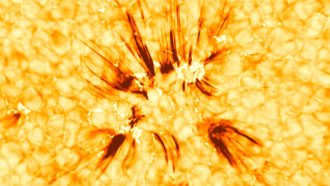 Physics
PhysicsMagnetic fields may supercharge the sun’s release of heat
Astronomers have linked flame-like tendrils rising from the sun to changes in its magnetic fields. This may be one step toward understanding why the sun’s corona is so very, very hot.
-
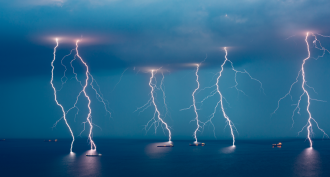 Climate
ClimateHotspots found for lightning’s superbolts
A nine-year survey reveals where and when the most energetic lightning strikes — and it’s not what scientists expected.
-
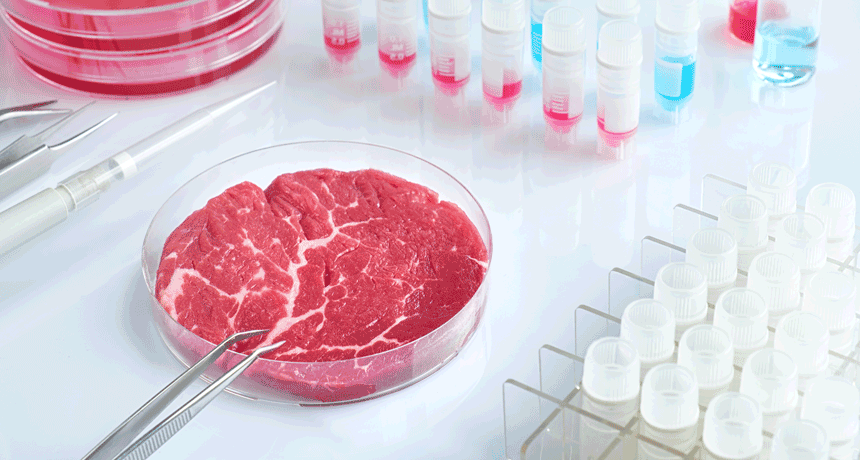 Life
LifeA new spin on lab-grown meat
A technique inspired by how cotton candy is spun could help produce lab-grown meat at a lower cost and on a bigger scale.
-
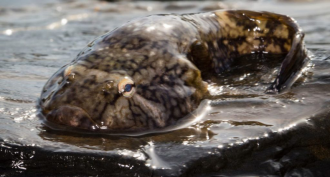 Tech
TechWeird little fish inspires the development of super-grippers
Suction-cup designers were inspired by the rock-grabbing tricks of the aptly named clingfish.
By Sid Perkins -
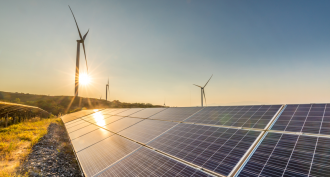 Physics
PhysicsScientists Say: Power
This word describes the rate at which energy is delivered or used to do work, along with related ideas, such as ways of making electricity.
-
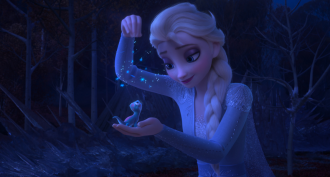 Physics
PhysicsFrozen’s ice queen commands ice and snow — maybe we can too
In the Frozen movies, Elsa magically manipulates snow and ice. But scientists, too, make snowflakes. If they reinforce it, architects can build with ice and snow.
-
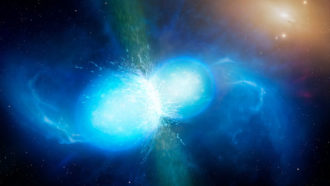 Physics
PhysicsFirst heavy element identified from a neutron-star collision
Scientists have at last witnessed newborn strontium in the afterglow of a neutron-star smashup. It confirms what they had suspected about how many massive stars are created.